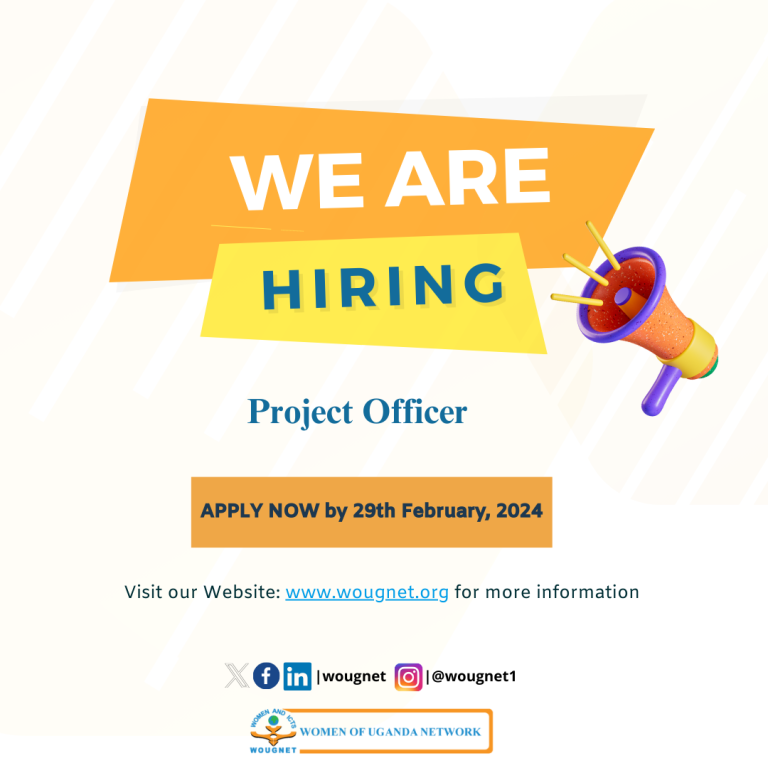
Vacancy Announcement: Project Officer
Position: Project Officer Women of Uganda Network (WOUGNET) is looking for a dynamic and self-motivated individual to join the WOUGNET team. WOUGNET in partnership with

Position: Project Officer Women of Uganda Network (WOUGNET) is looking for a dynamic and self-motivated individual to join the WOUGNET team. WOUGNET in partnership with
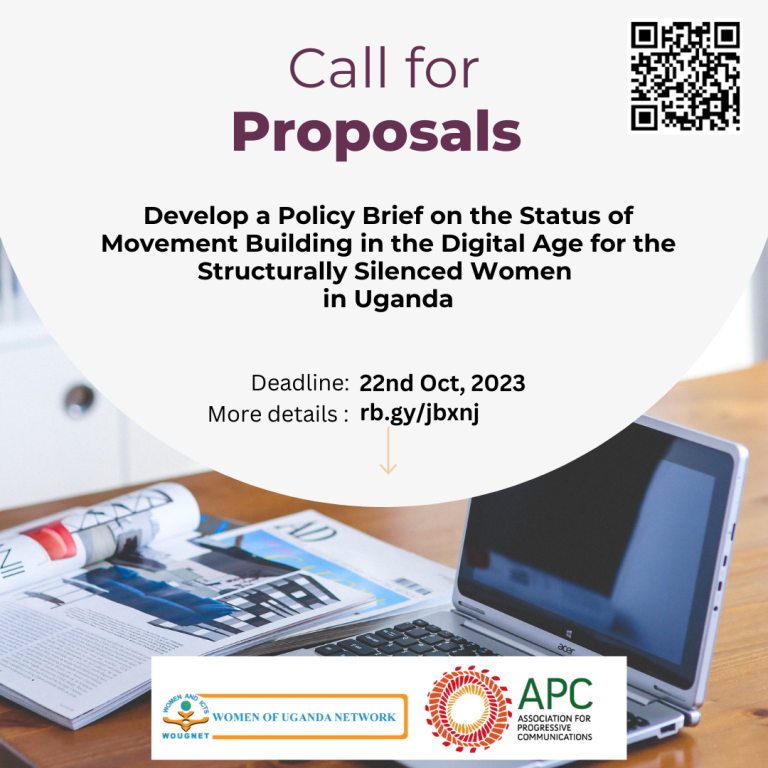
Terms of Reference to Develop a Policy Brief on the Status of Movement Building in the Digital Age for the Structurally Silenced Women in Uganda

Digital technologies are electronic systems and resources that help us learn, communicate, and play, such as computers, smartphones, smart televisions, and websites, among others. Digital technology
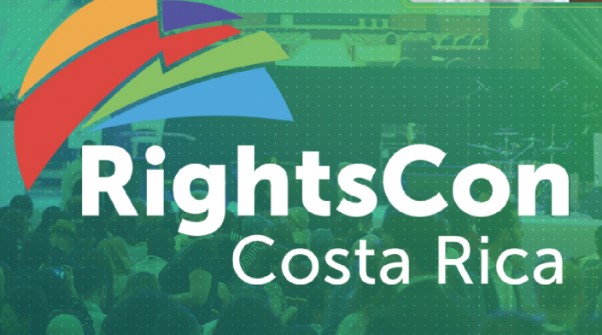
This year, RightsCon, the global summit organized by Access Now, will host its 12th edition from 5th to 8th June 2023 in Costa Rica with

About DRIF23 The Digital Rights and Inclusion Forum (DRIF) is a platform where conversations on digital policy in Africa are shaped, policy directions debated and
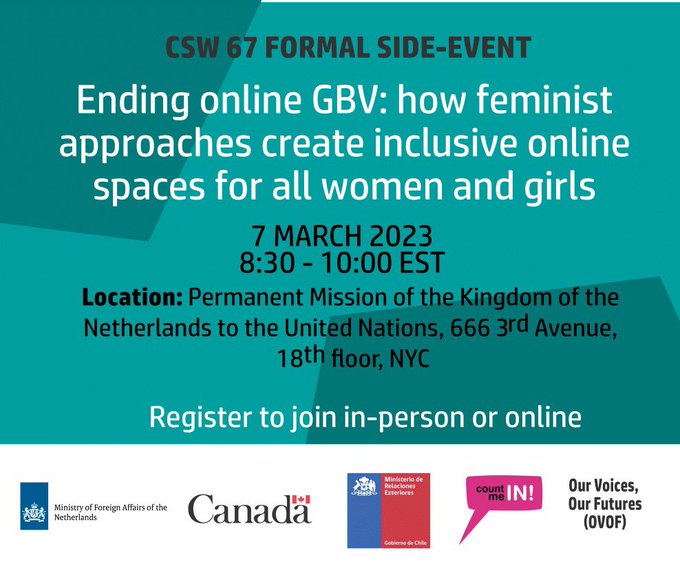
The Commission on the Status of Women (CSW) is the principal global intergovernmental body exclusively dedicated to the promotion of gender equality and the empowerment

Structurally silenced women including young women, feminists, activists and Women Human Rights Defenders among others live a complex life in Uganda and need to feel
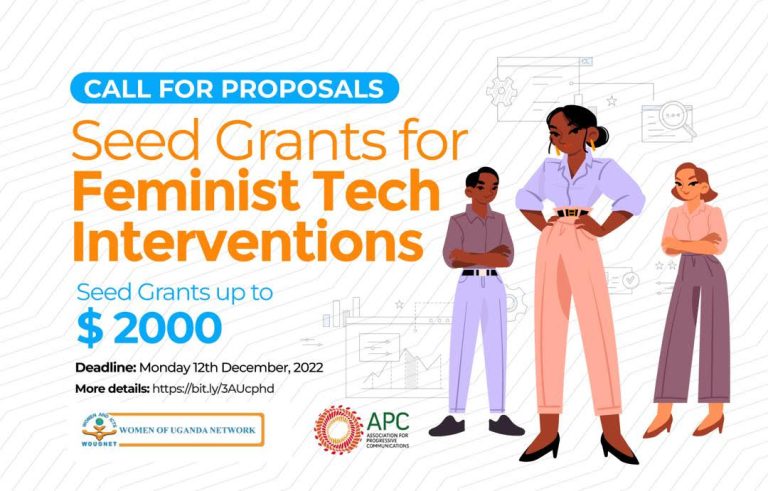
Call for Proposal Applications for a Seed Grant Under Our Voice, Our Futures project Women of Uganda Network (WOUGNET) under Our Voices, Our Futures (OVOF)
Women of Uganda Network (WOUGNET) is a non-governmental organization initiated in May 2000 by several women’s organizations in Uganda to develop the use of information and communication technologies (ICTs) among women as tools to share information and address issues collectively.
WOUGNET is the largest grassroots feminist organization in the nation. By signing up for our email lists, you’ll receive the latest information about our advocacy outreach and important issues.